Biography of Anuri Abivardi, the great poet of the 6th century

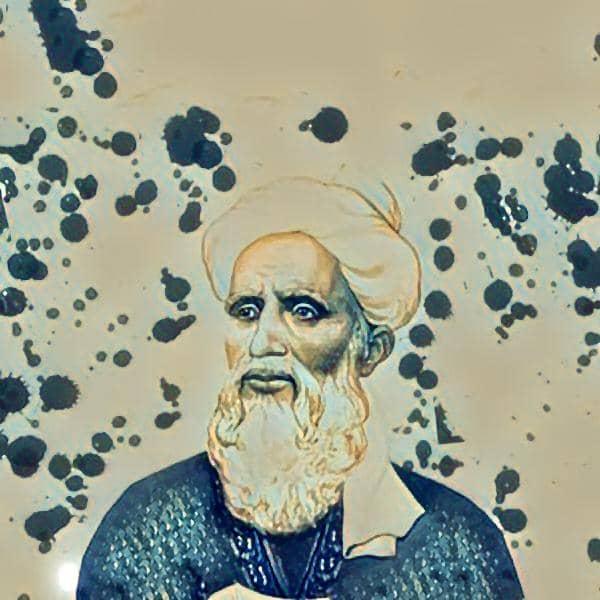 Anuri
AnuriAnuri known as Anuri Abiordi and “Hujjat al-Haq” is one of the scholars and poets of the 6th century who also mastered the arts of calligraphy and music. Among the works of this thinker, we can refer to Diwan al-Ashaar, al-Basharat fi Sharh al-Asharat. In this article, Anuri's biography is discussed from cover to cover.
Summary of Anuri's biography:
Full name: Ohad al-Din Muhammad bin Muhammad Anuri
Date of birth: late fifth century or early sixth century AH, 1126 AD
Place of birth: Abivard, Darges
Period of life: Seljuqs
Profession: poet, scientist, calligrapher, musician, mathematician, astronomer, philosopher
Nickname: Anuri Abivardi, Hajjat al-Haq
Works: Diwan al-Eshar, al-Basharat fi Sharh al-Asharat
Died: 575 AH, 1189 AD
Tomb: Tomb of the poets of Tabriz or Balkh
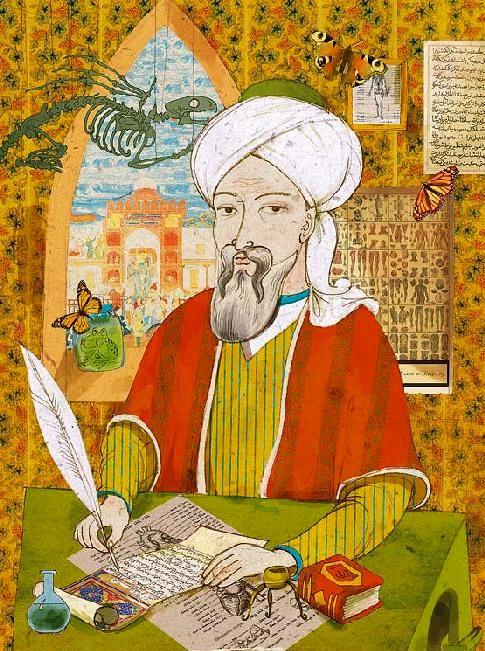 Biography of Anuri
Biography of AnuriBiography of Anuri
Ohad al-Din Muhammad ibn Muhammad Anuri was born in the late fifth or early sixth century in the village of Abivard or Darghz. His father was one of the court officials and he left a lot of inheritance for his sons so that Anuri spent it all on fun and revelry and after some time due to poverty, he was forced to become a poet for the royal court.
The information about the life of this poet is related to the reports that are given in tazkira and literary works such as tazkira Daulatshah Samarkandi, selected history of Hamdullah Mostofi, Labab al-albab Awfi, Majma al-Fashai Hedayat and tazkira Ateshkode. Anuri's own works can also provide information about his life.
Based on what Dolatshah Samarkandi brought; In his youth, Anuri was engaged in learning various sciences and intellectual and theoretical knowledge such as philosophy, astronomy, music, mathematics, medicine, logic and Arabic literature at Mansourieh Tus school. In his poems, there is a mention that due to his interest in Porsina's works, Ayun Al-Hikmah wrote his poetry in his own handwriting.
Anuri has visited places such as Mosul, Baghdad, Balkh, Merv, Neishabur, and Farad, but during the time of Kamal's poetry, his residence was Marv, the throne of Seljuk Sultan Sanjar. When a piece satirizing the people of Balkh about Anuri was published, a wave of anger and uproar was created among the people of Balkh, so that people wanted to kill him. Of course, Envi survived this incident because a group of Balkh elders like Qazi Hamiduddin Balkhi became the owners of the book of Hamidi's authorities through the intercession of Bland.
Anuri religion
There are different opinions about Anuri's religion, based on Shushtri's opinion, he is one of the Shiites of the Twelve Imams, of course, what comes from his poems shows his tendency towards Sunnis. In Anvi's poems, we can see the works of praise of the rightly caliphs, the Prophet and Imam Ali.
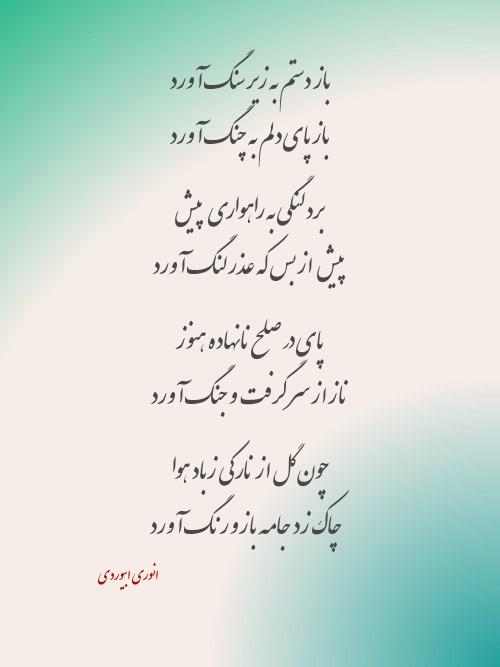 Examples of Anuri's poems
Examples of Anuri's poemsAnuri's poetic features
Anuri's style as a poet is between the Khorasani and Iraqi styles, so that he has paved the way for the emergence of the Iraqi style by completing the poetic style of Abul Faraj Rooni. One of the characteristics of Anuri's style is the use of allusions and similes, as many of his words have become proverbs, which of course is a result of the natural structure of the poet's language. One of the distinctive features of Anuri's style is the creative theme and extraction of new meanings from verses, narrations, allusions, and even ordinary material, which evokes the style of Mantabi (a famous Arab poet).
In a poem attributed to Jami, Anuri is listed as one of the great poets along with Ferdowsi and Saadi. Many know Anuri for his odes. He has written many verses of his odes in praise of Hazrat Haq. Some know the ability of this poet in writing pieces, of course, it should be noted that humor is also visible in Anuri's poems.
Many contemporary critics consider Anuri to be one of the leaders of his era and one of the pillars of Persian poetry, who has a strong hand in cultivating all kinds of meanings and themes. Based on what they say, Anuri in satam means the artistic image of the community of the degenerates; In satire, it means emphasizing the ugliness of a thing; And in Hazel, it means that the norm of speech approaches things that are considered forbidden (taboo) according to the official conventions of a society.
Literature researcher; Badil Zaman Forozanfar and Shafiei Kodkani; Poet and researcher consider Saadi's lyric writing under the influence of Anuri. Also, the poem “Ashk Yatim” by Parvin Etsami is considered to have the same theme as the piece “You have heard that a clever day with a fool”.
Anuri and Prophet in poetry
The fame of this scientist is due to his poems and high ability of literary processing. In a poem that is attributed to Jami, (in the poem, three people are quoted/although the later Lanbi/asaf, qasida, and ghazal/ Ferdowsi, Anuri, and Saadi) Anuri's great ability in using literary terms and using literary terms And his gentle expressions and eloquent meanings have caused the greats of Iranian literature to look at him with respect. People such as Nizami Prozodi, Jami, Azar Bigdali introduce him as one of the greats of Persian literature.
Anuri's works and compositions
Diwan Anuri has nearly 15 thousand verses, this Diwan is presented in various poetic formats such as odes and pieces. Most of the fame of this poet is based on his poems.
Anuri has two other works called al-Basharat fi Sharh al-Asharat and a treatise on prosody and rhymes. Al-Basharat fi Sharh al-Asharat is a commentary and margin that Anuri wrote about Ibn Sina's book Al-Asharat and interpreted it in different ways. One of Anuri's advanced poets, named Qatran Tabrizi, has a book that is kept in Tehran, but it has been announced that this divan was written in Anuri's handwriting, because it is consistent with his background in the art of calligraphy.
Anuri has a book on medicine or astronomy titled Kitab Mufid and it was written for Shah Qutbuddin Maudod Barzangi, the ruler of Mosul. He also rewrote Abu Ali Sina's book Ayun al-Hikma.
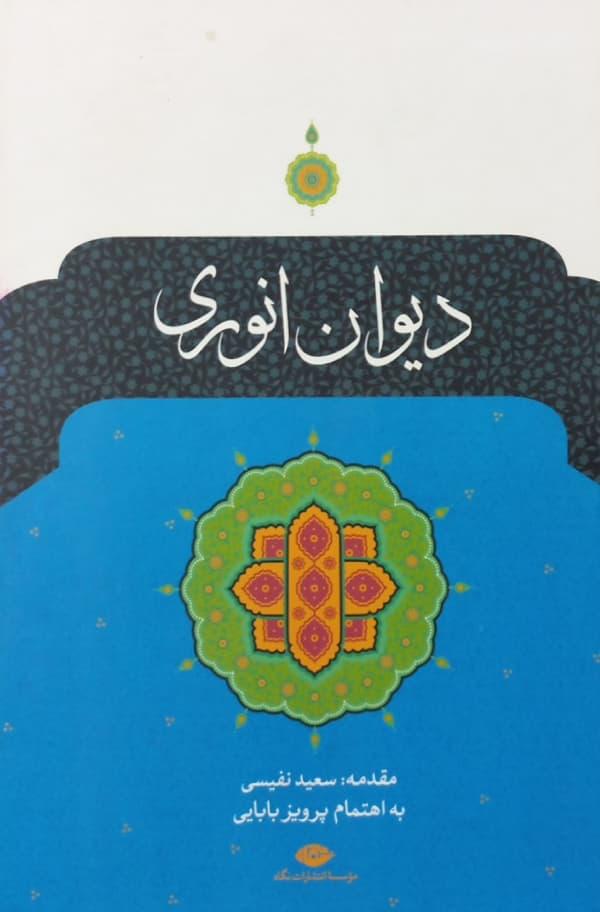 Anuri's works and compositions
Anuri's works and compositionsAnuri's knowledge and scientific rank
The great Islamic encyclopedia writes about Anuri's knowledge as follows:
Anuri is considered one of the famous scientists of his time and his poems contain the knowledge and education of that time. His allusions, allusions, illustrations, and thematic creations all speak of his mastery in logic, music, board, mathematics, natural sciences, astronomy, and wisdom… Anuri had complete faith in Avicenna… He also wrote a book on Avicenna's allusions with He wrote the title Al-Basharat in Shahr al-Asharat…
A book about wisdom or astronomy was also written by Anwari, who presented it to Shah Qutbuddin, the owner of Mosul. According to Shafi'i Kodkani, this book is the same book that Daulatshah Samarkandi mentioned.
European Iranologists Ripka claims that based on what is clear from Anuri's poems, they have also understood the law of gravity to some extent. He considers this as a big issue in the slogan “A drunken night fell from the roof and sang this piece”.
In this piece, he has attributed his fall from the roof to the earth and the desire and nature of the earth, contrary to the usual opinion of the scholars of that time, who considered it to be related to the nature of the body and the desire and internal pull of the body downwards.
Death of Anuri
Many consider the year 583 as the year of Anuri's death. Edward Brown stated his death in 581 and according to Herman Ate and Zhukovsky in the years between 587-585. Anuri had a strong character and could express problems in a fluent voice and with sufficient skill. He also proved his mastery in odes and ghazals.
He is buried in Balkh, and the tombs of the poets of Tabriz and Neishabur are identified as his tomb.
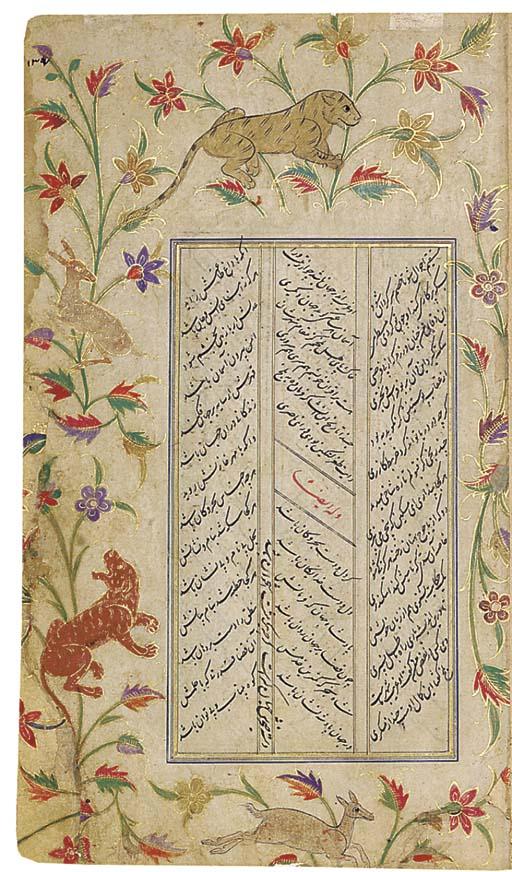 Anuri's beautiful poems
Anuri's beautiful poemsExample of Anuri's poem
Sepehr Rifat, Mount Waqar and Bahr Sakha
Alaa Din, who is a sepahri from Sena and Alaa
Summary of all descendants of Nizam family
Summary to the truth, summary to the punishment
Nizam gave the officials of the property to speak
Just like the work of the inhabitants of the soil
The gods of the ministers who are in the ranks of power
It was cut by Sepehr because it was on Sepehr Saha
His obedience is broken, the stature of a boy and an old man
His power is tied to the necks of Sabah and Mesa
The speech of the head should be able to absorb the pronoun
There is no right color in the door, no wrong smell
He will resign from the wind
Istiqa is watered by the spitting of his awe
Nahad Reza and its opposite are the basis of fraud and corruption
Give praise and caress as a sign of fear and hope
If not, you would be the mediator of his world marriage
What was the benefit of marriage between Adam and Eve?
Oh, the stability of the tread of the ground
Zaha O Anan Sakhai Ter Shatab Saba
Pass through the gate of the sky to the feet of politeness
On your side, judge Ain Reza
Hidden under the shadow of justice in temptations
Seen in advance and hidden in secrets
He will close your mouths
Let your orders shine
You gave the original and you gave the word of the original word
You are the principle of knowledge and religion, the sound is the principle of sound
Because of your jealousy, the temperament of the sea is feverish
Don't think that the earthquake on the sea is from the wave
If the oyster does not blow, you know what its properties are
The shame of your speech and the jealousy of Lala's pearls
By the light of your vote, Sepehr's vote has been illuminated
Otherwise, when will the sun rise except with a cane?
You are the one who is defeated by the rain
Don't be prone to become stone-tempered
You are the one who becomes a cloud of hail if you are angry
The end of the wave of annihilation
You can add one hundred verses to the Qur'an
A combination of four mothers and seven fathers
Let Saad and Nahs Falakzan be satisfied that he
He is ready to serve you, from Gemini
God bless you for that fiery water
which is dust with your feet and air with you
It flows in the form of water when it sinks down
It goes with the wind when it comes from above
The emeralds of Samesh and Vegha are attracted by the power of attraction
He sees a snake's bead sticking out of the back of his head
Except for his shadow, fate did not raise it
Otherwise, when will it reach its dust, the intelligent rider
To the income and expenses of Ayar that his shoe will raise
The foothills of the mountain and the foothills of the desert
The era of fullness of Kamrozash Ar Barangisi
You took me to the world of Kandro tomorrow
Your Excellency, I am a servant, although it has been a long time
That I stayed away from the good fortune of serving you
At one time, my language was not separated from Sanat
Whether it is for the people or for the public or in the empty space
It increased according to what I have said
All praise for the size and greed for the gift
Except for your praise, the goal of perfection and pride
I did not remember him as I wanted
Shut me up, Andrin's ode to helplessness
What can I say, this ode of Goa is not enough
If anyone is praised
You are the one who is praised by praise and praise
How can I go to blasphemy more than these praises?
You are worthy of praise and you are worthy of praise
Come out in the guise of others
Zamaneh Nik knows emerald from Mina
God knows why you are shy with a beard
I came to the poetry section from the beginning
Whatever I said, I said that Zireh and Kerman
Whatever I said, I said that Basra and Kharma
Always as long as it was in the survival of the world
Hope for the future in the midst of fear and calamity
May your life count in good health
that since forever goes beyond quantity, statistics
Whatever you say, your word is on the current tense
Whatever you want, your ruling is on the star
On the endurance of your condition on the simple earth
He prayed on the sky
compilation: Cover biographical section






